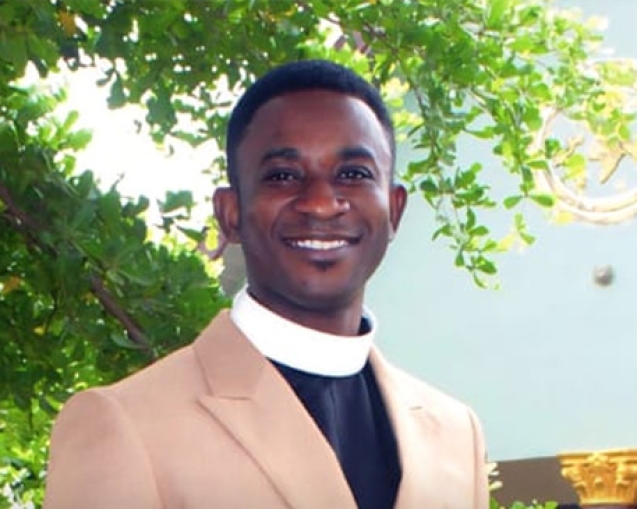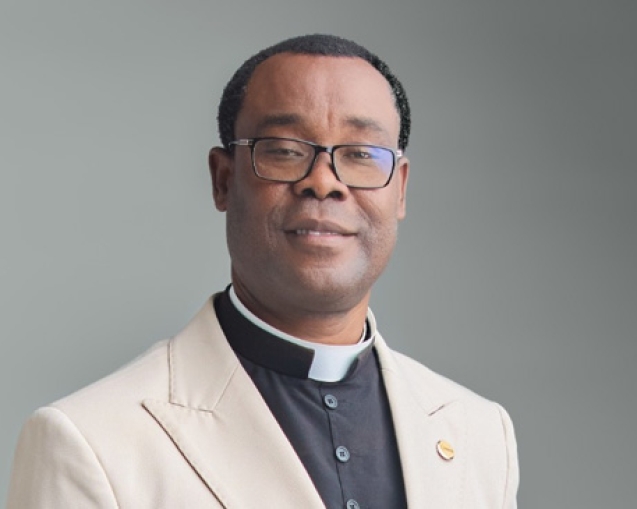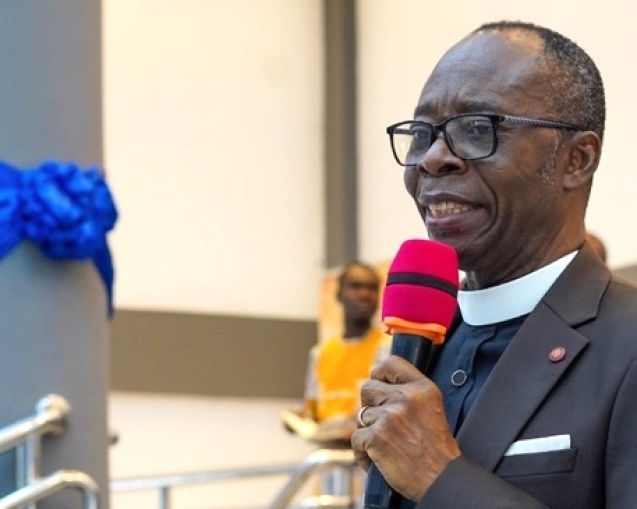There is a popular saying that most media personnel in the Church are not “spiritual”. Proponents of this assertion usually say this to imply that media personnel are not actively involved in the “spiritual aspects” of the Church’s worship life during services. Although they may have grounds for arriving at this conclusion, I humbly beg to differ. As a media personnel myself, I can confidently say this notion is misconstrued and quite farther from the truth. Admittedly, not all media persons may take active part in a service – and this applies to all church members and not media persons alone. However, what I find worrying is the negative tag given to us as media personnel in recent times.
From my interactions and observations, I realised that the reason why people allude to this is mostly due to the fact that during church services, media personnel are usually seen taking coverage of proceedings and not seen participating in activities. During worship and prayer sessions, for instance, media persons are mostly seen “loitering” around. This has inadvertently created a notion in the minds of others that media work is for those who are not interested in spirituality. Indeed, hardly would you see a media person being called upon to lead a worship or praise session, but this could be attributed to the high demands of the work and not necessarily their “prayerlessness”.
To me, there are different instruments of worship that could be employed in praising our Maker. Trumpets, guitars, tambourines, and other instruments, for instance, can be used to glorify our God. Likewise, we, as media personnel, also use our skills and gadgets to create an enabling environment where worship can be done effectively. Creating a montage on an LED screen adds flavour to video productions. Using lights during major conventions does not only beautify the place to attract unbelievers, but it also boosts the beauty of video content for online evangelism. Whereas unbelievers use catchy flyers and high-quality videos to draw people to concerts and parties, we, church media personnel, also use our skills to create catchy contents that attract many (including unbelievers) to church events and services.
In recent times, the quality of video production of churches attracts more people to the house of God. The popular “Alpha Hour” online prayer session continues to receive high patronage, partly because of the quality of videos and audio-visuals – and this is done by the media team. If the video comes out pixelated with a bad audio output, many who join the feed may quickly switch off their data and probably go to bed. This is to stress that the media team also plays an instrumental role in the ministry of the Church, especially in the areas of soul-winning and church growth. This has become so crucial to the extent that any Church that fails to invest in its media ends up losing some of the members to the churches that do.
Again, contrary to what others think, most media persons pray before they start any production. This is one thing most people do not know. In fact, media personnel who do not fortify themselves with prayers do so at their own peril. This is because a lot of issues occur in the course of production. Thus, having a clean production comes with some level of grace. During or after production, it could happen that one’s laptop, camera, or router may not function well and affect the overall output. From experience, I have realised that any activity that seeks to push the agenda of God suffers a lot of setbacks and challenges. The Bible says “For we wrestle not against flesh and blood, but against principalities, against powers, against the rulers of the darkness of this world, against spiritual wickedness in high places (Ephesians 6:12)”. It is only our prayers that help us to overcome some of these challenges. Therefore, being able to finish a major production successfully demands the hand of God. It is only the grace of God that can help one to do a great job and have a meaningful impact on the lives of others.
Other people also have the view that, as a result of work, media persons do not pay attention to messages preached during church services. Whilst this may be true, the other side of it is that media personnel get the opportunity to listen to the sermons over and over again after service. How? Well, after taking coverage, the media personnel go through the production severally to correct mistakes. In doing so, they get to listen to the messages again and again. Sometimes, one listens so much that one begins to recite portions of the sermon.
The same applies to pre-recorded messages – as the video editor gets to listen to the message even before the congregation. These life-transforming messages tend to have a major impact on the lives of video editors. There have even periods when, having been touched by the message, I paused the video to spend some time in worship before continuing the project.
In conclusion, I believe that the level of one’s spirituality cannot be seen from physical actions. Neither can it be determined by how often one leads the congregation in times of worship or prayer sessions. Spirituality goes beyond that. It is rather about the intimate relationship that one builds with the Lord. Media personnel in the Church should be encouraged to take their spirituality seriously just as any member of the Church, but this should not be done tactfully and not in a way that presupposes that a media person is not “spiritual.”
Written by Augustus Nii Oblie Adu-Aryee (PIWC-Assin Foso)


















